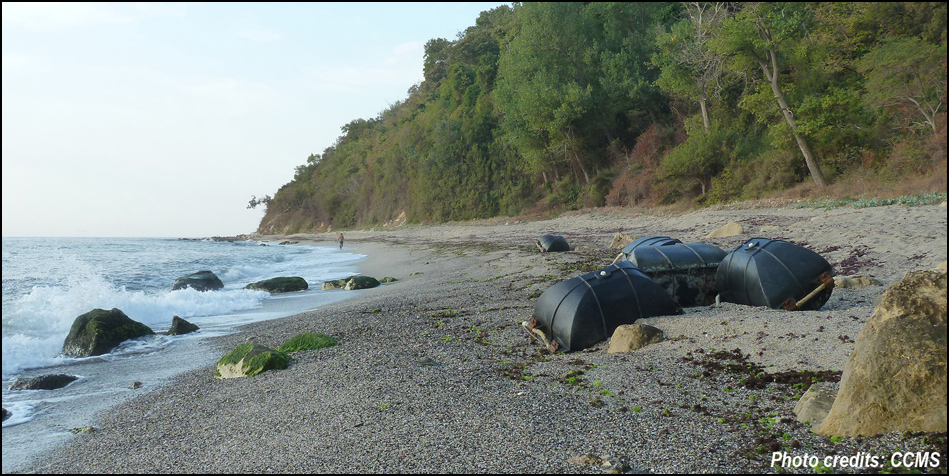
In the new, circular plastics economy report (EEA Report No 18/2020), the European Environment Agency (EEA) analyses the need and potential for a shift to a circular and sustainable approach to our use of plastics.
The ever-increasing amount of plastic, its impact on biodiversity and contribution to climate change, and how to deal with it in a circular economy perspective have been on the European Union’s policy agenda for years. The COVID-19 pandemic has only increased the attention for plastic waste with images of masks in our seas, and large amounts of single-use protective gear.
The challenges posed by plastics are to a large extent due to the fact that our production and consumption systems are not sustainable. The report looks at plastics production, consumption and trade, the environmental and climate impact of plastics during their life cycle and explores the transition towards a circular plastics economy through three pathways involving policymakers, industry and consumers.
The EEA report points to three pathways for the way ahead including smarter use of plastics, increased circularity, and use of renewable raw materials. Together these can help ensure achievement of a sustainable and circular plastics system. Alongside the report, two related briefings on plastics and textiles and on enabling circular business models have been also published.
The economic viability of the European and global plastics recycling market is currently under significant pressure. Lower market demand for recycled plastics has also complicated the efforts of many of Europe’s municipalities to manage their waste practices sustainably, and less desirable waste disposal options are being used for significant quantities of plastic waste.
There are increased interest and gainful opportunities in changing traditional business models to make them more circular, enabling materials and products to be reused and to remain in the economy for as long as possible. An EEA briefing ‘A framework for enabling circular business models in Europe,’ identifies the actions that can be taken to implement circular business models effectively. It also identifies enablers to upscale them on a wide scale as part of the expected shift to a circular economy. Such a transition will require that the right supportive policies are in place and behaviours that lead to change in consumption and education.
Originally published by: European Environment Agency, Copyright notice: © EEA, Copenhagen, 2021 Luxembourg: Publications Office of the European Union, 2021
